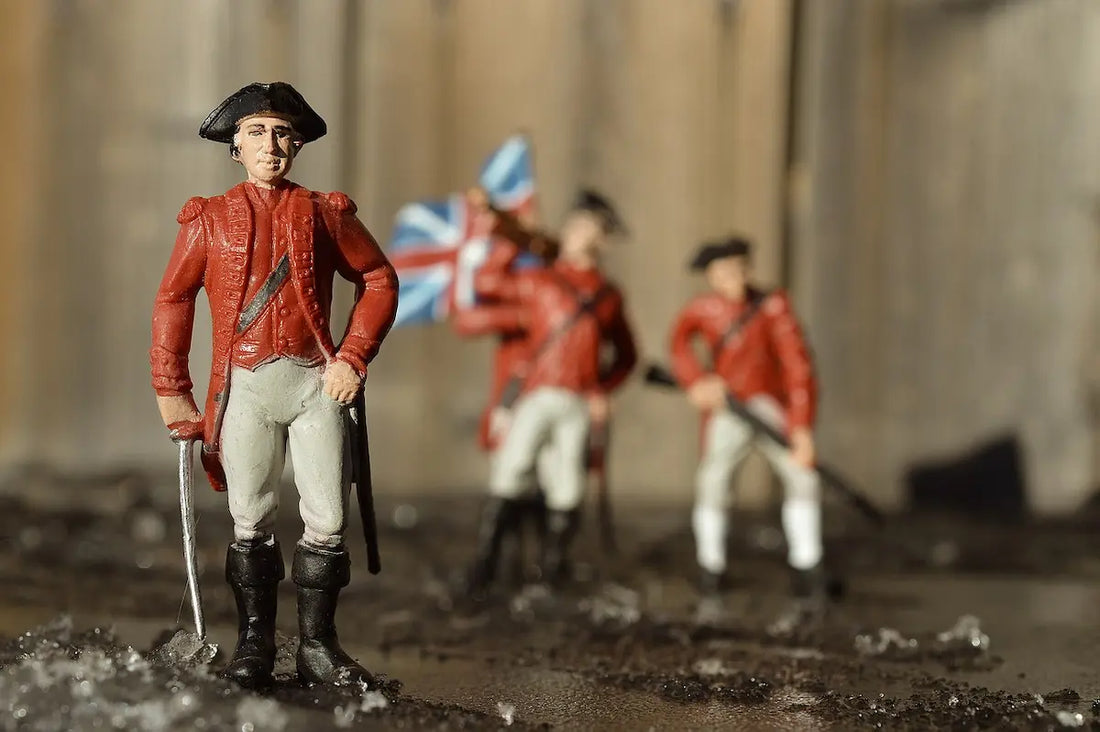
The Boston Tea Party: A Tea-Fueled Rebellion
A pivotal moment in American history, known for its stand against British rule, but at its heart was about tea, is the Boston Tea Party. Tea had become a central part of daily life in colonial America by the 18th century. Tea an important part of the economy, social customs, and politics, however British merchants monopolized the tea trade. The event not only changed the course of history but also highlighted tea’s role as a symbol of resistance, power, and the fight for independence.
In the early 1770s, the British government imposed import taxes on goods for their colonies. The most controversial of these was the Tea Act of 1773. It was passed by the British Parliament to help the British East India Company as it was financially struggling. Given that the company was sitting on a surplus of tea, the British government allowed it to sell tea to American colonies, bypassing colonial merchants. Although the tax on tea was reduced, it still required the colonists to pay a duty when they bought the tea. The act undermined local merchants and fueled anger among those who saw it as another form of British control. In cities across the colonies, protests toward the Tea Act grew. But nowhere was the reaction more intense than in Boston.
In Boston, a group of patriots led by Samuel Adams, the Sons of Liberty, had been organizing resistance against British policies for years. When the British tea ships arrived at the Boston Harbor in late 1773, Governor Thomas Hutchinson, loyal to the British crown, refused to let the ships leave without paying the tax. So on the evening of December 16, about 60 men boarded the three ships, throwing 342 chests of tea, worth nearly £10,000, into the harbor. Articulating a clear message to Britain: their taxes or control over trade was not accepted.
The Boston Tea Party made tea a symbol of rebellion and resistance, having significant consequences for the colonies. The destruction of the tea in Boston did not just have economic consequences; it changed the political landscape. It prompted the convening of the First Continental Congress in 1774, a meeting of representatives from all the colonies to discuss their collective response to British actions. Tensions between the colonies and Britain continued to escalate, eventually leading to the outbreak of the American Revolution in 1775.
Tea, once a symbol of everyday life, became forever linked with freedom and independence, throwing the tea into Boston Harbor was a rejection of British authority. Ironically, the boycott of British tea that followed the Boston Tea Party led Americans to turn to other forms of tea, including tea from Dutch traders.
The Boston Tea Party is a reminder of how a simple commodity like tea became a symbol of defiance, unity, and the fight for freedom.
